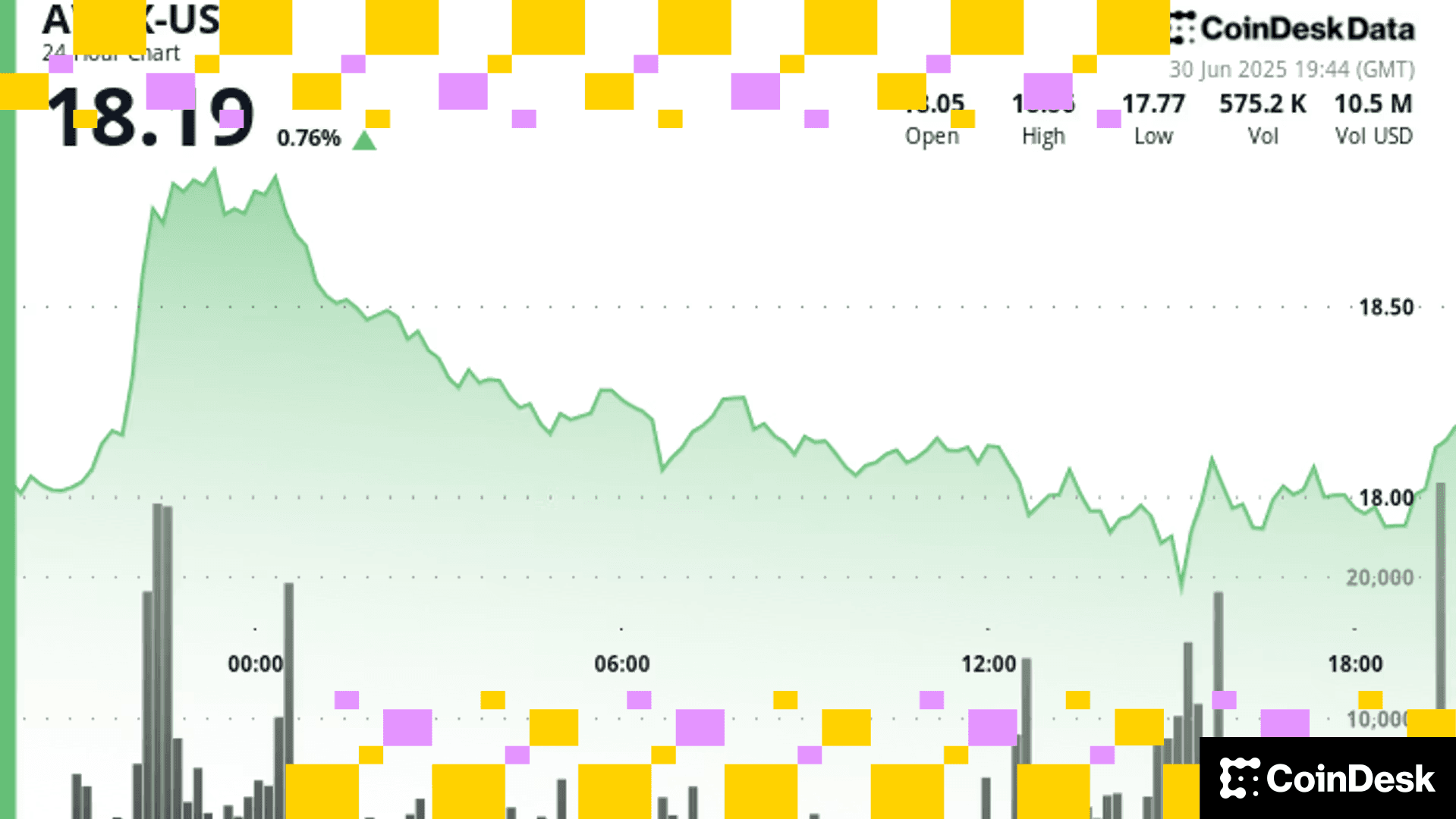UK Needs Bespoke Legal Framework for Using Crypto as Collateral: Law Commission
The Commission, funded by the Ministry of Justice, also pushed for legislation to treat crypto as a new type of property in its latest set of recommendations.

The U.K. should create a tailored framework for using crypto as collateral, a Law Commission funded by the Ministry of Justice said in a Wednesday report.
The scope of such a regime would go beyond existing U.K. regulations for collateral arrangements for traditional finance, the commission told CoinDesk.
The commission also doubled down on its previous call for the U.K. to treat crypto assets as a new type of property. It also wants the government to set up “a panel of industry-specific technical experts, legal practitioners, academics and judges” to advise courts on complex legal issues relating to digital assets.
The report was the result of what the Law Commission of England and Wales claimed was the first ever government-commissioned analysis in the U.K. on how existing legal frameworks can accommodate crypto and non-fungible tokens (NFTs). The independent body is made up of lawyers, judges and professors, and makes recommendations for law reform that the government could decide to take forward. The commission’s proposals don’t apply in Scotland or Northern Ireland, which have their own legal systems.
While the legal systems of England and Wales are well-placed to support the U.K. government’s attempts to bring crypto into the scope of existing legal frameworks, some areas may need specialized treatment to accommodate digital assets, the Commission said in a press statement shared with CoinDesk.
“The flexibility of the common law means that the legal system in England and Wales is well placed to adapt to this rapid growth,” said Professor Sarah Green, commissioner for commercial and common law in the statement. “Our recommendations for reform and development of the law therefore seek to solidify the legal foundation for digital assets.”
Collateral arrangements
Although existing laws in England and Wales provide options for the use of crypto as collateral, the commission said those options are “inadequate.”
“As such, we recommend that, as a matter of priority, the Government sets up a multi-disciplinary project to formulate and put in place a bespoke statutory legal framework that better and more clearly facilitates the entering into, operation and enforcement” of certain crypto collateral arrangements, the commission said.
Such a framework would need to be tailored to the way crypto works, from how assets are held, transferred and controlled, the body added.
For one, existing Financial Collateral Arrangement Regulations (FCAR), don’t apply if either party is an individual. But this limitation will need to be considered “given the level of individual participation” in crypto markets, the commission said.
The FCAR defines financial collateral as “cash, financial instruments or monetary claims of certain types,” while typical collateral arrangements include charges over deposits, lending of stocks and repo arrangements.
“What the Law Commission is proposing goes beyond crypto lending as it relates to using crypto as collateral for a range of arrangements,” it added. “The FCARs outlines a scope of arrangements where collateral can be used but we are not necessarily restricting as far as the FCARs.”
The Commission previously said its recommendations on crypto align with the Conservative administration’s plans to turn the U.K. into a hub for digital assets under Prime Minister Rishi Sunak’s leadership.
“Our reputation for straight dealing, use of the English language and flexible common law attracts business across the world. This, combined with our straightforward approach to regulating crypto assets puts the U.K. at the vanguard of innovation to drive growth in digital assets and boost our economy,” Andrew Griffith, economic secretary to the Treasury, said in a statement.
Griffith added that he “will carefully consider” the commission’s findings and recommendations.
More For You
Exchange Review - March 2025

CoinDesk Data's monthly Exchange Review captures the key developments within the cryptocurrency exchange market. The report includes analyses that relate to exchange volumes, crypto derivatives trading, market segmentation by fees, fiat trading, and more.
What to know:
Trading activity softened in March as market uncertainty grew amid escalating tariff tensions between the U.S. and global trading partners. Centralized exchanges recorded their lowest combined trading volume since October, declining 6.24% to $6.79tn. This marked the third consecutive monthly decline across both market segments, with spot trading volume falling 14.1% to $1.98tn and derivatives trading slipping 2.56% to $4.81tn.
- Trading Volumes Decline for Third Consecutive Month: Combined spot and derivatives trading volume on centralized exchanges fell by 6.24% to $6.79tn in March 2025, reaching the lowest level since October. Both spot and derivatives markets recorded their third consecutive monthly decline, falling 14.1% and 2.56% to $1.98tn and $4.81tn respectively.
- Institutional Crypto Trading Volume on CME Falls 23.5%: In March, total derivatives trading volume on the CME exchange fell by 23.5% to $175bn, the lowest monthly volume since October 2024. CME's market share among derivatives exchanges dropped from 4.63% to 3.64%, suggesting declining institutional interest amid current macroeconomic conditions.
- Bybit Spot Market Share Slides in March: Spot trading volume on Bybit fell by 52.1% to $81.1bn in March, coinciding with decreased trading activity following the hack of the exchange's cold wallets in February. Bybit's spot market share dropped from 7.35% to 4.10%, its lowest since July 2023.
More For You











